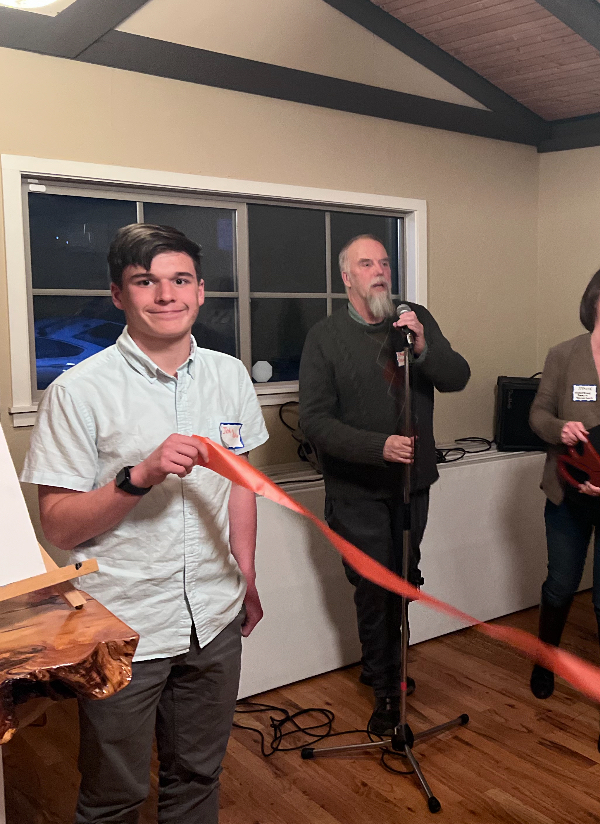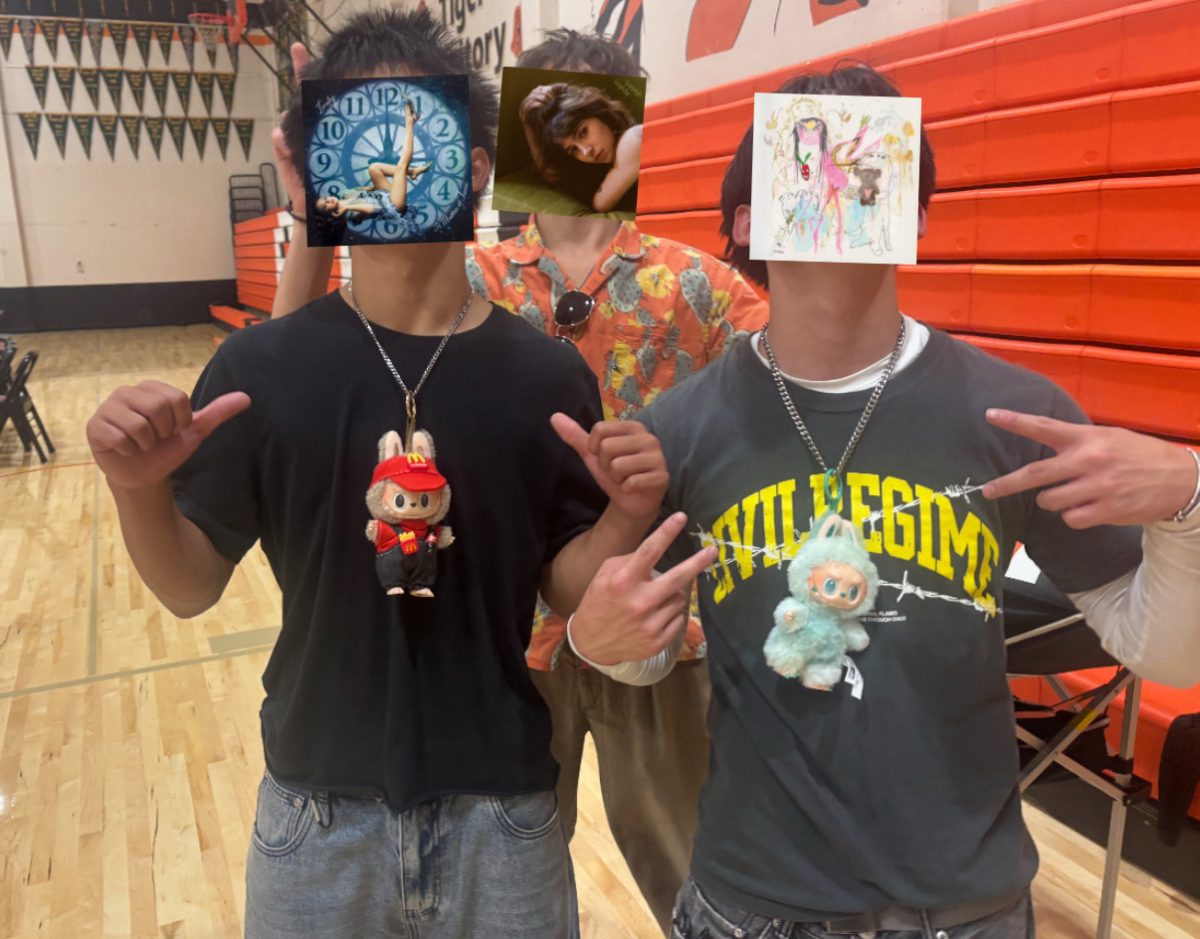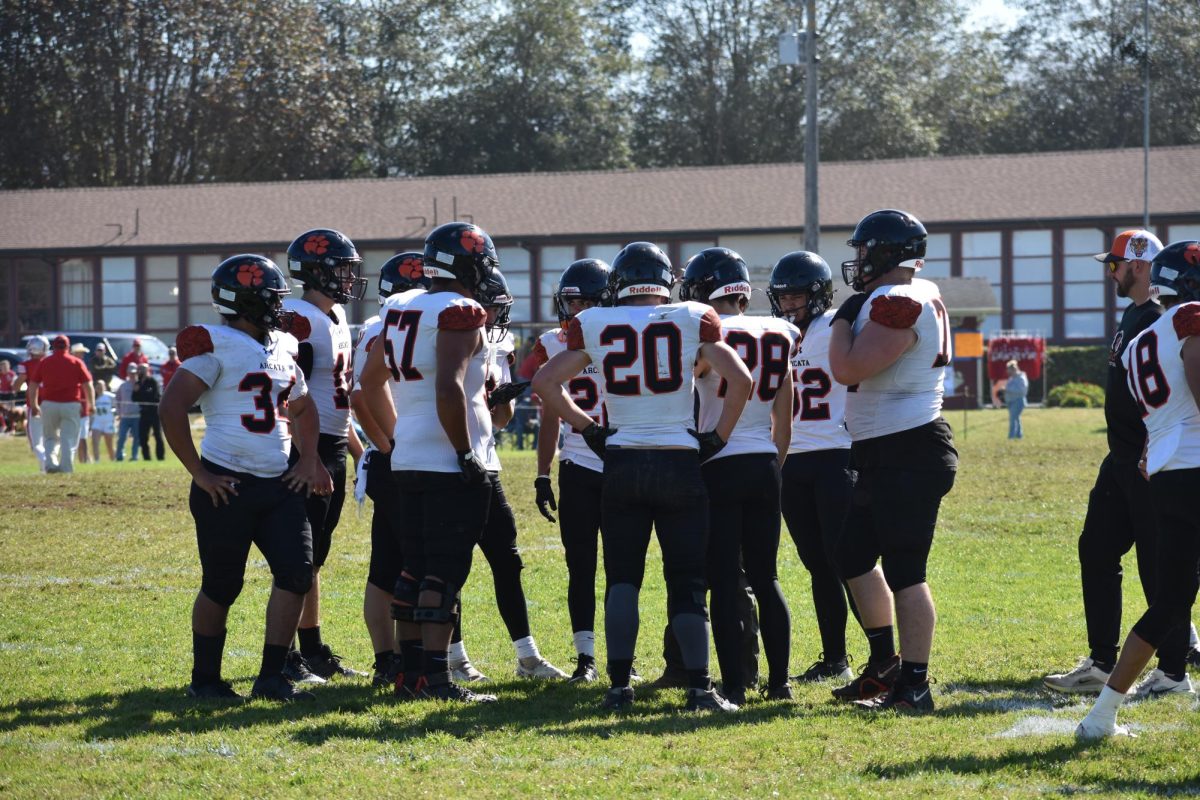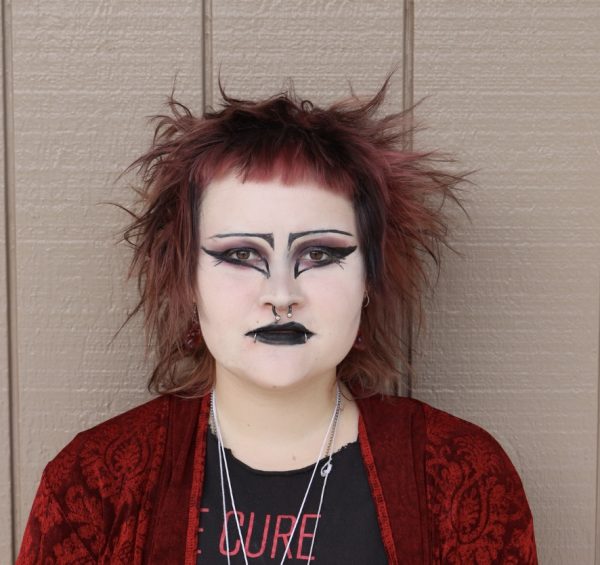Robert Egger’s Nosferatu, which premiered on Christmas Day, was a huge box-office success and one of the highest-grossing horror films of 2024. The remake of the 1920s silent film has become a highly controversial topic among fans and haters.
Those who romanticize the dark and those who are repulsed are the main split between the audience. Nosferatu explores the themes of vampiric love and how far love can go, which can cause discomfort for those not familiar with the genre.
One of the film’s most romantic or uncomfortable scenes depending on the audience’s outlook, takes place with Emma Corrion’s character Anna Harding, and Aaron Taylor’s character Friedrich Harding, where Freidrich makes love to his dead wife.
The necromantic scene symbolizes Friedrich’s undying love towards his wife which he repeatedly mentions in the film. Friedrich often says “I can’t resist her” about his wife.
One of Egger’s notable intentions for the film was to bring back authentic vampiric folklore into the mainstream and make vampires scary again. Fans of Nosferatu use this to explain why they like the film.
Nosferatu’s necromancy and relationship dynamics scenes are common in the vampire genre. Robert Southey’s poem Thalaba the Destroyer is considered the first appearance of vampires in literature, though the most well-known is Bram Stoker’s Dracula, on which Nosferatu is based.
Dracula came about during a time of much questioning in the Christian faith. Dracula was meant to represent an anti-Christ and pure evil. Making his character an outlet to explore sexuality, sexual shame, sexual abuse, and unconventional romance tropes.
Eggers explores with Lily-Rose Depp’s character, Ellen Hutter, and Bill Skarsgård as Count Orlock. Ellen Hutter sells her soul to Orlock to fulfill her sexual desires and she is met with dreams where Orlock fulfills them.
Ellen is meant to feel shame for her sexual needs and Orlock takes advantage of this. The big finale of the movie is when Ellen and Orlock lie together in person where they both end up dying. Circling back to one of the themes of vampire folklore, sexual shame.

































